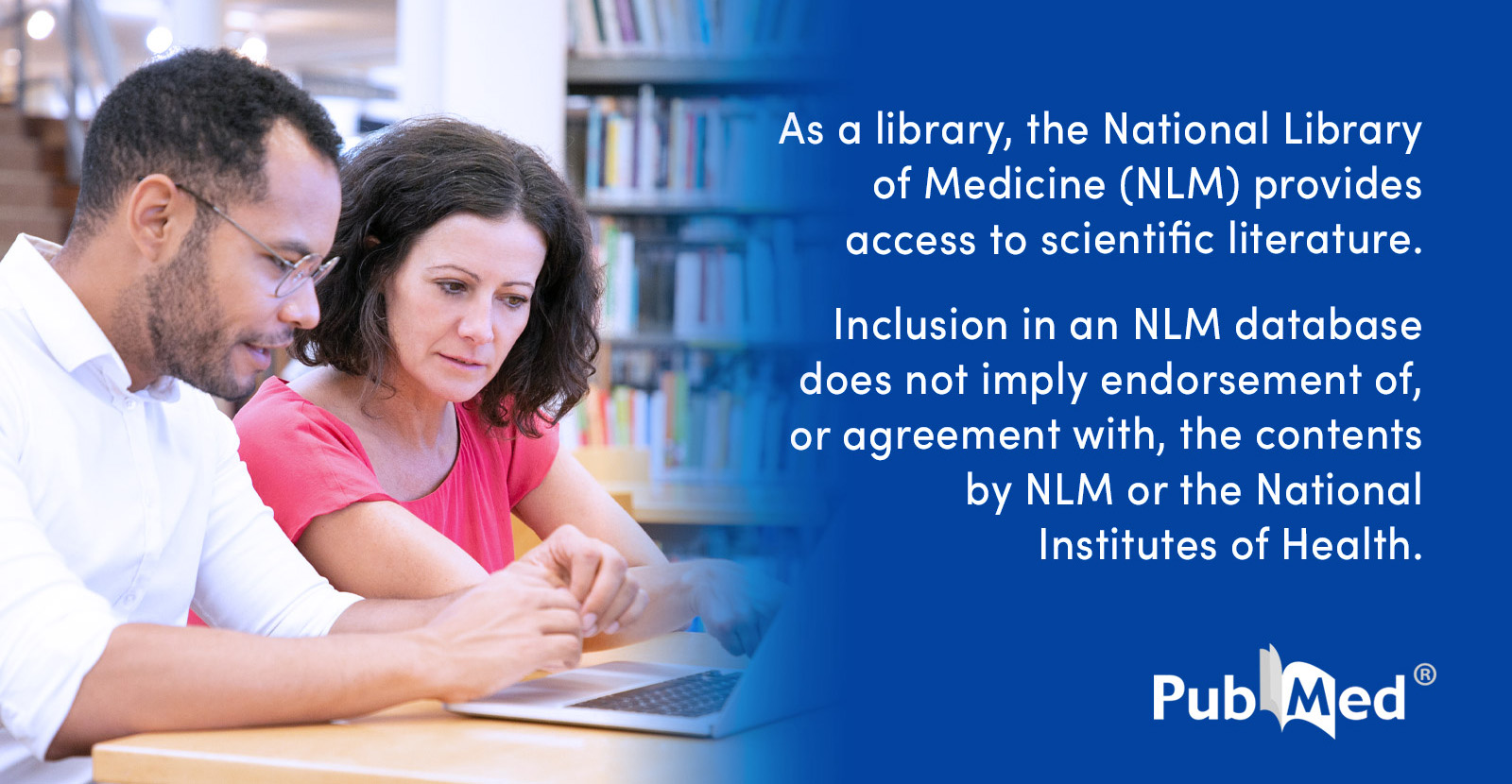Gabapentin has rather complex effects. Based on some readings, I dont expect it to suppress the rewarding effects of opioids, but I also would not be very surprised if some more complex interaction did suppress this effect. I will explain what I know, but unfortunately the nitty details have not yet been worked out. I do hope to illustrate some of the complexity of gabapentin's mechanism of action though,. I am going to post some background on neurotransmission for context in italics below, feel free to skip it if it is too basic.
Neurons are at their core excitable cells. That means that they pump ions in and out of the cell to maintain a charge gradient (like pumping water into a water tower, so that it has pressure to provide water to houses). The net sum of positive (potassium, and sodium with charges of +1. Calcium has a charge of +2, but so little of it is in a cell, and what is in a cell is bound by proteins, that it can be ignored when considering the voltage of a cell) and negative ions (chloride with a charge of -1) The ions that drive this force are sodium ions, which get pumped out of the cell, and potassium ions that get pumped into a cell. They both have a positive charge, but their gradients oppose one another (opening a sodium channel causes ions to flow into the cell raising the voltage, and opening a potassium channel causes potassium ions to rush out, decreasing the voltage of a cell). Cells are normally kept at a voltage much lower than the exterior (what is known as a polarized state). Neurons primarily have their voltage externally effected by ligand gated ion channels, mainly the inotropic glutamate receptors (sodium channels that increase the voltage of the cell when opened), and GABA A and glycine receptors (which are chloride channels that allow chloride into a cell, decreasing its voltage, known as hyperpolarization).
Excitable cells have a type of sodium channel called voltage gated sodium channels. These open when the voltage of a cell exceeds a certain threshold, further increasing the voltage of a cell. This results in the very quick increase in voltage where the cell becomes depolarized, which means that it has equal amounts of sodium inside and outside of the cell and the intracellular voltage resembles the extracellular voltage). Now, these sodium channels have a feature where they plug themselves up pretty soon after being opened, allowing the sodium/potassium transporter (think of it like an always on sump pump) to remove the sodium ions and repolarize the cell.
Now voltage gated calcium channels are at the end of this cascade. They only open at the peak of depolarization and allow calcium ions to rush in. Calcium ions are kept at such a low level that their function is not related to changing the voltage of a cell, but rather causing protein interactions. Since calcium ions have a charge of +2, many proteins exist with negatively charged binding pockets that will interact with the positive charges of the calcium ions. A relevant one is called calmodulin. Calmodulin has two binding sites for calcium at each end, and will interact with proteins when calcium is bound. In neurons the calcium-bound calmodulin will function to pull vesicles (organelles made of the same lipids as a cell membrane that contain cargo; in the case of neurons vesicles contain neurotransmitters) into contact with the cell membranes, which then fuse (the same concept as two soap bubbles fusing into one when they touch). This causes the neurotransmitters to be released from the cell where they are free to bind to receptors on nearby neurons (they are released at synapses, so dont have far to travel to a nearby receptor).
Now I have not mentioned G- protein coupled receptors (dopamine, opioids, serotonin) or steroid receptors, and will not cover them here in great detail. These function by causing cascades of protein modification that can either directly open ion channels (mu opioid receptors will open a potassium channel to hyperpolarize the cell), or to change the makeup of the cell and regulate its excitability.
Now gabapentin inhibits the action of these voltage gated calcium channels, so decreases the release of any neurotransmitter that the cells would be releasing. It does not actually block the calcium channels (like many other ion channel acting drugs such as lidocaine), but it interferes with a regulatory subunit of these channels, causing fewer to be on the cell surface (decreasing effects), and more specifically decreasing their spatial interactions with NMDA receptors (which are a subtype of inotropic glutamate receptors). Because the brain has a larger proportion of excitatory synapses (glutamate releasing/responding) this overall dampens neurotransmission, as well as specifically decreasing NMDA receptor mediated transmission.
Now for the tricky part! The effects of gabapentin are not homogenous across the brain. The brain is composed of many circuits consisting of glutamatergic and GABAergic neurons that are modulated by other neurotransmitters (ie serotonin, dopamine, and norepinephrine). These circuits will have net effect that can are either excitatory or inhibitory. The net effect of the circuit is dependent on the order of GABA and glutamate neurons, and can be thought of like multiplying by negative one or positive one (with glutamate receptors being positive one and GABA receptors being negative one). A simple example would be a GABA receptor synapsing onto another GABA receptor synapsing onto a target. Activation of that first GABA receptor would inhibit the next one in series, causing a net relief of inhibition (-1 x -1 = +1). A gabapentin relevant example would be a glutamate neuron synapsing onto a GABAergic neuron (+1 x -1 = -1). Inhibiting the firing of that glutamate neuron with gabapentin would cause relief of the GABAergic inhibition (-1(from gabapentin's effects) x +1 x -1 = +1). Thusly gabapentin has opposing effects in different circuits in the brain.
Opioids actually exert a similar circuit specific effect. They inhibit GABAergic neurons in the ventral tegmental area (VTA) of the brain (processes reward), which is where dopamine releasing neurons lie (which feed onto the nucleus accumbens). This inhibition of GABAergic tone (-1 x -1 = +1) increases reward associated dopamine signaling.
Now, there is a paper talking about pregabalin's rewarding effects (and these drugs have the same mechanism of action at voltage gated calcium channels) via conditioned place preference (a measure of how rewarding/abusable a drug is based placing a rodent in a white box and giving them a drug, then placing them in a little hallway between a white and black box (usually is switched each assay to make sure rodents dont just prefer white or black) and seeing what room they typically enter. The more rewarding a drug is, the more often the rodent will enter the box where they were high on said drug. This effect has been shown to require dopamine signaling onto the nucleus accumbens from the VTA (specifically disrupting VTA to nucleus accumbens synapses prevents rewarding drugs from forming a place preference).
Pregabalin does produce a conditioned place preference, which leads the authors to conclude that it results in net dopamine release in that circuit. Unfortunately I cannot find a paper demonstrating any circuit level evidence for that, based on their conclusion (it is in the journal scientific reports, which is a respectable mid tier journal, so I am more ok taking the claims at face value), gabapentin will likely not blunt too much of the opioid euphoria. Of course this conclusion is totally reductionist, and other circuits in the brain could interfere with pleasurable feelings from opioid signaling, which would be much more difficult to tease apart.
Definitely feel free to ask for clarification, this post got way fucking bigger than I anticipated.
Paper cited below

 pubmed.ncbi.nlm.nih.gov
pubmed.ncbi.nlm.nih.gov





